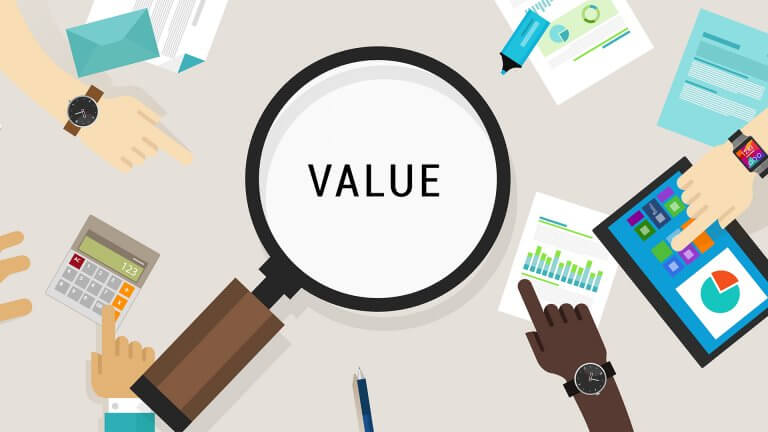
Paying your bills and having a little leftover each month to contribute to savings can be challenging. Even working in a well-paying career, it can be difficult to feel like you are making headway with your financial goals. If it doesn’t feel like you are progressing as you should, take a look at these common money mistakes and see if any sound familiar.
Paying High-Interest Debt
If you have credit card debt, there is a good chance you are throwing money away. Unless that debt is tied to a zero-interest promotional offer that you know you will pay off before the promotional period ends, you need to look at getting rid of this expense. Cutting expenses and focusing on paying off credit card debt is one way to attack the problem, but there are other options. Consider taking out a personal loan. Check online to see what rate you qualify for and choose an APR that works best for you. Unless you have a great deal on your credit card, you are sure to pay less interest by taking out a personal loan to pay off your cards.
Mindless Spending Stemming from a Lack of Planning
If you find that you are frequently stopping to pick up takeout on the way home from work, paying late fees on your bills, and purchasing items to replace something you know you have somewhere, you could easily save money by dedicating some time to planning. Look at your bank statement to see where you regularly spend money on your discretionary income. Pinpoint holes that are easy to plug, like fast food lunches. Packing your lunch saves money and is also generally a healthier choice.
Other questionable expenses may not be as noticeable. Do you regularly throw food out at your home? Make adjustments to your menu to reduce food waste, and you will lower your grocery spending. Do your utilities seem high? Look for easy fixes, such as hanging drapes to block drafty windows and turning your thermostat down a few degrees. Comb your bank statement for subscription services that you don’t use and cancel them. Cancelling can be a hassle, but spending a few minutes doing so can save you money each month.
Not Prioritizing Savings
Consider your savings account a bill like any other. If you only contribute money that you have leftover, you are sure to find that your savings aren’t growing very quickly. Instead, transfer a specific amount from your checking to your savings each pay period. Prioritize retirement savings as well. It is tempting to put saving for retirement off when you are young. Your income may be low, and you feel like you have plenty of time to contribute.
All of that is true, but the earlier you start saving, the more time the money has to grow. Your retirement savings will be much greater if you make regular deposits during your 20s and 30s. If, after examining your budget and making changes, you still struggle with having money left to save, consider taking a part-time job. Don’t think of it as a permanent move, just a chance to get out from under debt and boost your savings.
























